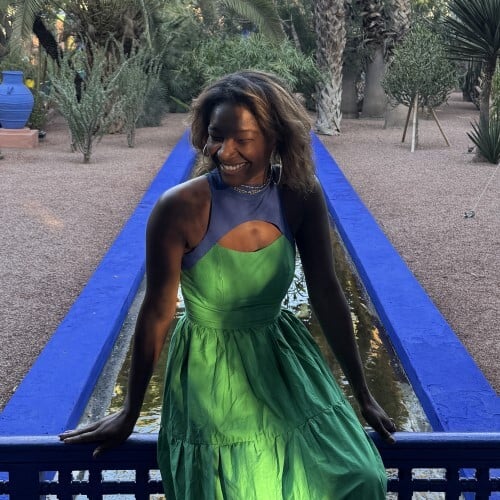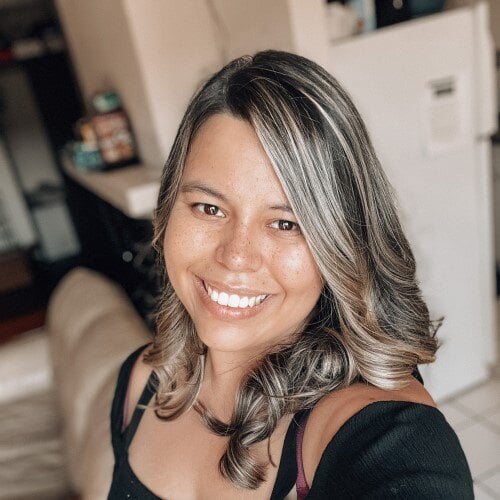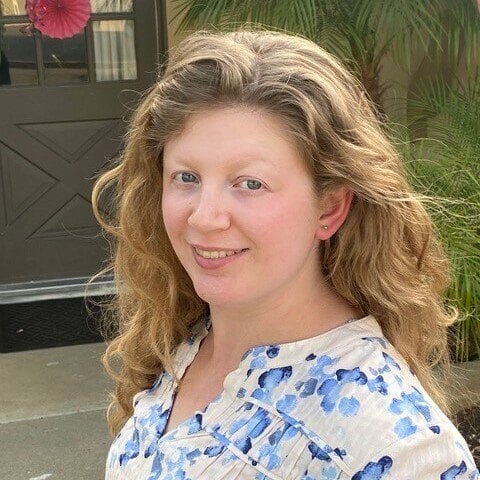CINEMATIC MUSIC COMPOSITION
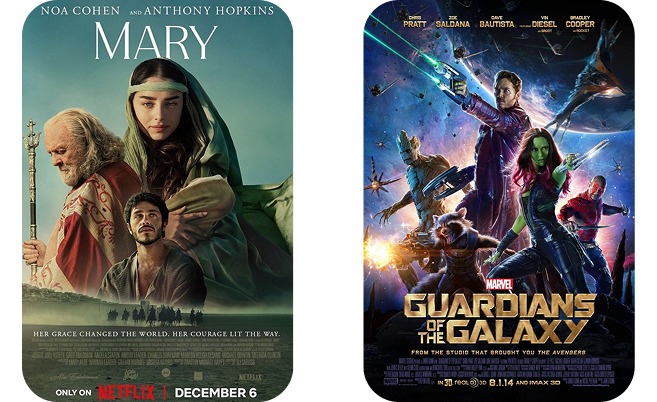
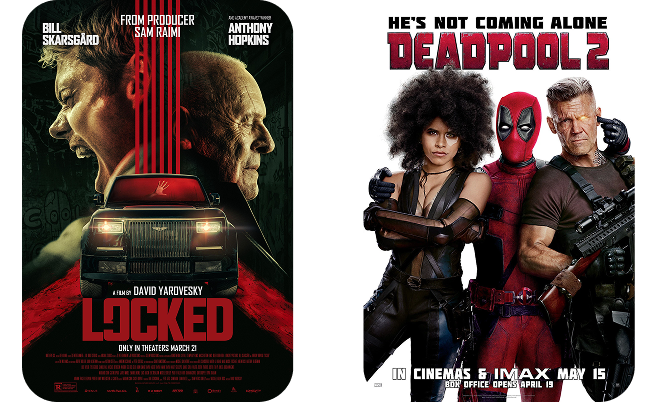
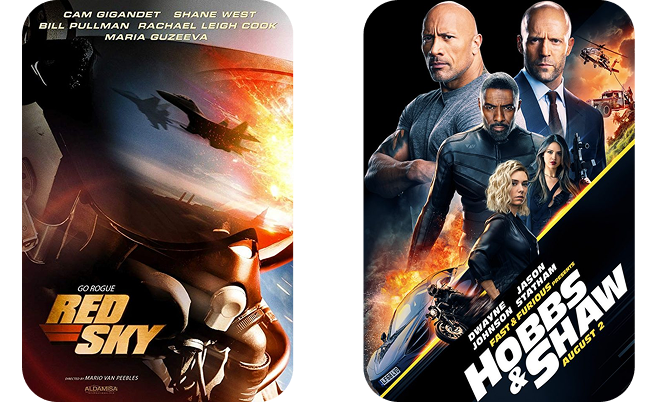
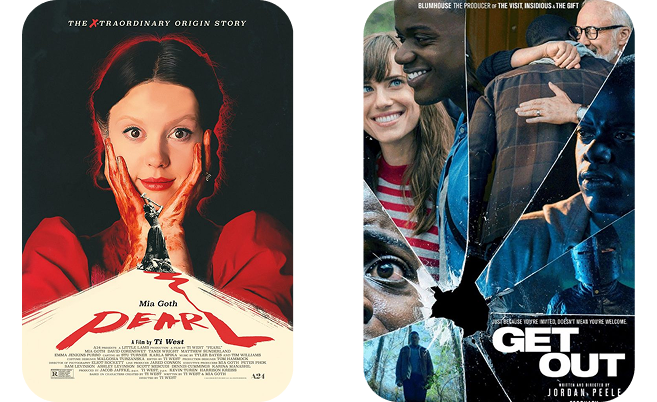
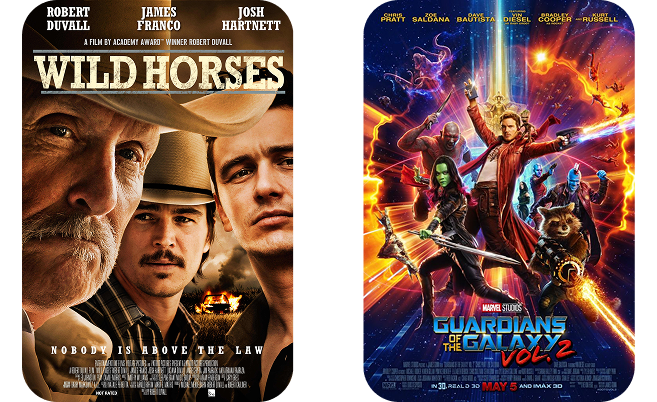






























- 12 FEB - 7 APR (6 WEEKS)
- TUESDAYS & THURSDAYS
- 5 PM PT / 8 PM ET
12 FEB 2026 - 7 APR 2026
DURATION:
6 WEEKS
TUESDAYS & THURSDAYS
5 PM PT / 8 PM ET
Make the audience feel what words can’t say. Develop the tools to craft powerful musical narratives for film, TV, and games.
Learn how to score, mix, and deliver music that moves people and meets industry standards — all under the guidance of composer Timothy Williams, who worked on hits like Get Out, Pearl, Mary, Guardians of the Galaxy, Deadpool 2, and more.
THIS COURSE IS FOR YOU, IF...
-
YOU ARE AN ASPIRING COMPOSER OR A FILM SCORING STUDENT
Learn how to score scenes with emotional precision, write themes that evolve with the story, and compose cues that elevate the frame. From horror to heartbreak, dialogue to explosions, you’ll get hands-on practice scoring a range of genres and scenes. We’ll guide you through the real-world workflow of a working composer: orchestrating, prepping sessions, talking to directors, and translating music into cinematic storytelling.
-
YOU ARE A JUNIOR OR INTERMEDIATE FILM COMPOSER
You’ve got the DAW chops — but when it comes to large-scale scores, director feedback, and delivery deadlines, it still feels uncertain. This course is your upgrade. No more confusion about cue sheets, naming protocols, or communicating your musical vision to non-musicians. We’ll teach you the workflows, tech tricks, and industry smarts that separate freelancers from full-timers. Build a portfolio that sounds like you're already working on your second HBO series.
-
YOU ARE A COMPOSER LOOKING TO GROW OR SWITCH FIELDS
Ready to level up your score? Whether you’re aiming to lead your own projects, break into visual media, or finally craft that demo reel that actually lands gigs, this course sharpens your edge. Learn how to score in real time as visuals shift, adapt your sound to new formats, and master the kind of feedback finesse that keeps directors calling you back. Refine your craft, expand your toolkit, and get ready to compose like the lead you are.
Our students work in 1600+ companies worldwide
This isn’t a sit-back-and-listen kind of class. You’ll be writing themes, scoring for genre, and tackling real-world briefs — just like the pros do (because you’re becoming one). From cue sheets to orchestration, you’ll build practice and portfolio edge.
What do Get Out, Pearl, and Guardians of the Galaxy have in common? Our instructor helped shape the sound that made them unforgettable. Get inside the score and learn what actually goes into a film soundtrack — from indie chills to Marvel thrills.
You’ll walk out of this course with a polished 6-cue reel — the kind of demo that directors actually listen to. Different moods, styles, and genres, all tailored to show you can score anything from a tearjerker to a horror.
TIMOTHY WILLIAMS
Portfolio- Award-winning composer best known for his work on Pearl (A24), Mary (Netflix), Brightburn (Sony), and Get Out (Universal).
- Scoring upcoming releases including Locked (with Bill Skarsgård & Anthony Hopkins), Eye for an Eye (Leyline Entertainment), and Mistura (winner, Best Picture at NBFF).
- Scored Sundance Audience Award winner Your Monster, Lionsgate’s The Bagman, and Finding You, alongside films by Robert Duvall and John Moore.
- Composed music for major TV series including Netflix’s Agent Elvis, AMC’s Creepshow, Disney’s Piney, and Fox’s Richard Lovely.
- Contributed music to blockbusters like Guardians of the Galaxy, Deadpool 2, 300, Watchmen, and Get Out.
- Earned 10 ASCAP Awards, 4 Thea Awards, 2 MPSE Golden Reel nominations, and multiple Best Score wins (Screamfest, Raleigh FF, 24FPS).
- Nominated for Best Horror Soundtrack by the International Film Critics Awards & Best Soundtrack by the HMMA (2023).
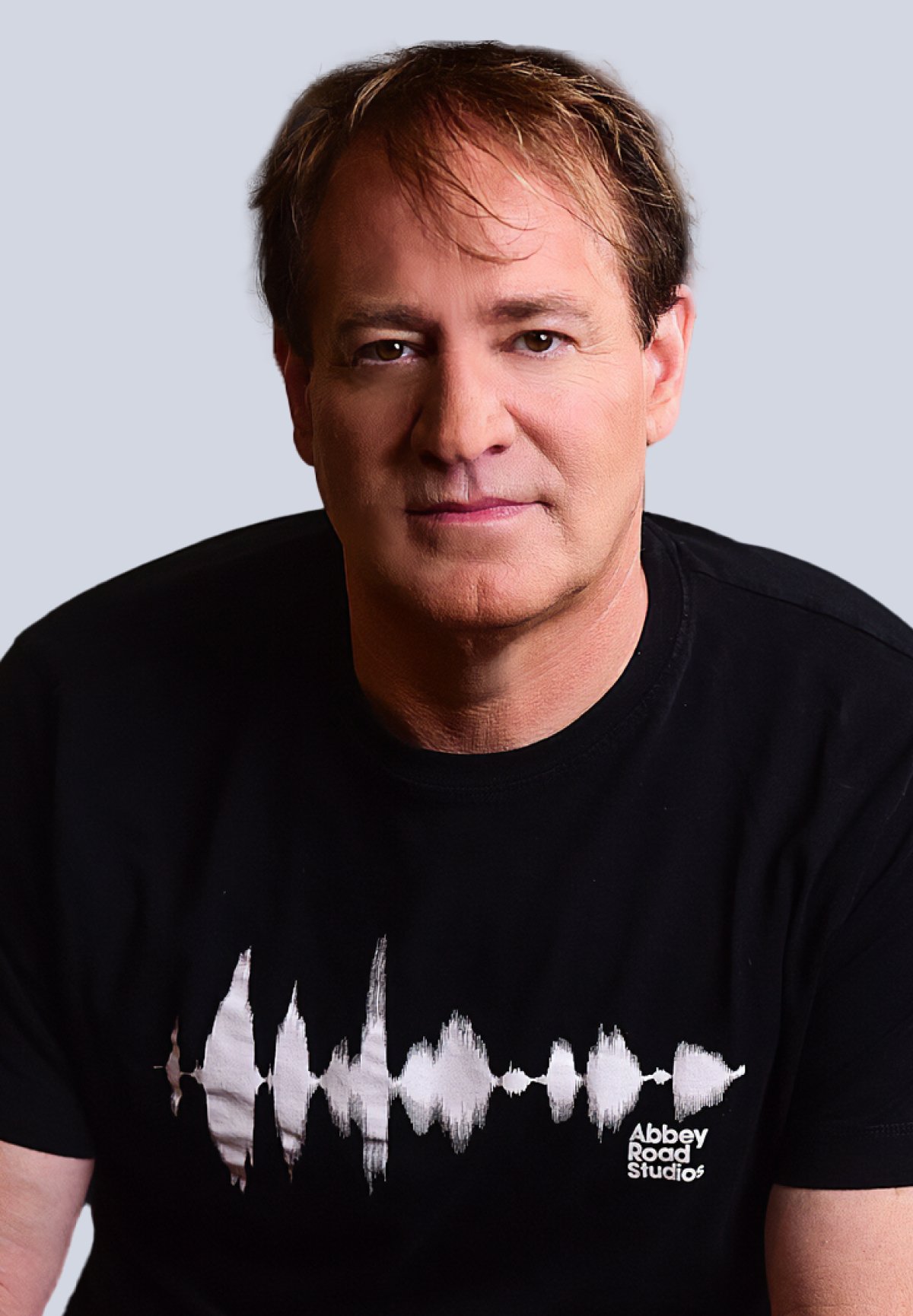
Kick things off by meeting your instructor and getting the backstage pass to everything ahead in the course. Plus, bring your questions—we’ve got answers.
- Course structure
- Assignments
- Q&A
Music isn’t just background noise—it’s the heartbeat of the story. Explore fundamental scoring principles, like narrative, pacing, and tone, and
Explore how film music shapes emotion, guides narrative, and creates unforgettable moments. Learn the fundamentals of scoring and start thinking like a sonic storyteller.
- Role of music in film
- Core principles of film scoring
- Importance of tone
- POV of the score
- Themes & leitmotifs
- Scoring tools & workflows
Great scores don’t just follow the story—they feel it. This class dives into how to map music to emotional arcs, use silence strategically, and craft motifs that stick. Plus, explore real-world examples from hit films Guardians of the Galaxy and Get Out.
- Mapping music to emotion
- Using instrumentation to create tone
- Establishing recurring themes and motifs
- Balancing foreground and background
- Case Study: Leitmotifs (Guardians of the Galaxy, Get Out)
- Updated references. Guardians of the Galaxy
Assignment #1: Writing a Theme
Write a 16-bar theme for A24 Pearl. Present a variation on your theme that colors it in a different emotional tone.
Great scores start with sharp storytelling instincts. In this class, you’ll learn to analyze scenes like a composer—spotting emotional peaks, shifts, and silent beats where music can make the most impact. You’ll also cover the practical side of spotting, from syncing to picture to working with directors and organizing your workflow.
- Spotting a film
- Emotional and storytelling impact
- Under and over the film
- Catching the shifts
- The director’s vision
- Picture lock, file naming, cue sheets
- Workshop: In groups, analyze a short (2-3 minute) film clip provided without music and identify three key moments where music could enhance emotional impact.
Film is movement, and music should move with it. Learn how to match your score to visual pacing, transitions, and on-screen action. From phrasing to hit points, you’ll explore how rhythm and timing turn music into a scene’s perfect dance partner.
- Matching Music to Visual Pacing and Scene Transitions
- Dynamic shifts
- Synchronizing music techniques
- Accentuating actions
- Musical phrasing
Assignment #2: Short Film Cue
Create a cue sheet for the short film. Write a 20-second cue catching the shifts in the film.
Every genre speaks its own musical language. Discover how to shift your scoring approach to match the tone, emotion, and style of different film types. Through iconic case studies, you’ll explore when to go bold, when to stay subtle, and how to let genre guide your sound.
- Adjusting scoring techniques
- Genre-specific tones and instrumentation
- Balancing subtlety and boldness
- Case Study: Pearl, Guardians of the Galaxy 1, Guardians of the Galaxy 2, and Mary
When characters speak, music must listen. This class teaches you how to underscore dialogue without overpowering it. You'll explore how to write character-driven cues that support the story and the power of silence.
- Underscoring conversations
- Character-driven cues
- Using silence effectively
- Demo: Composing for a dialogue-heavy scene
Assignment #3: Scoring for Specific Genre
Create a 40-second horror cue, action cue, or drama cue.
Bringing your music to life with real players is a whole new level of storytelling. This class covers orchestration techniques for film, blending classic and modern sounds, and prepping your score for the studio. Plus, learn about effectively working with musicians.
- Orchestration techniques
- Combining traditional & modern elements
- Size of the orchestra - budget
- Preparing scores for studio
- Conductor score: Dos & don’ts
- Communicating with performers
Not all scores are set in stone—some evolve in real time. This class dives into improvisation and dynamic scoring, as well as writing for interactive media.
- Improvisational techniques
- Dynamic scoring
- Writing for interactive media
- Demo: Improvising music live to a film clip with evolving visuals
Assignment #4: Orchestration
Orchestrate a 30-second action cue for a 60-piece orchestra - submit as a conductor score PDF.
Scoring a film isn’t a solo act—it’s a team effort. Learn how to speak the language of directors, editors, and sound designers—even if they don’t speak “musician.” Discover how to turn feedback into fuel, build strong creative relationships, and keep your files—and your communication—on point.
- Working with creative roles
- Communicating musical ideas
- Using story-driven vs. music-specific language
- Feedback & revisions
- Revision file naming protocols
- Building professional relationships
Assignment #5: Director’s Brief
Write a cue based on a given director’s brief. Be aware of tone requests.
Even the best cue can fall flat without the right mix. In this final class, you’ll learn techniques for crafting clear, emotionally powerful mixes that hold up on the big screen. With insights from top industry engineers and a guest speaker, you'll explore spatial effects, stem prep, and how to bring cinematic polish to your music.
- Role of mixing
- Techniques for clarity and punch
- Mixing workflow & session setup
- Reverb & spatial effects
- Preparing stems
- Demo: LOCKED MIX
Assignment #6: Stem & Cue Delivery
Submit a mix and stems of a 30-second cue.
What’s next in film scoring? Dive into current trends, game-changing tech, and the evolving business of composing for screen. Whether you're aiming for Hollywood or indie features, you'll gain a sharper sense of where to go from here.
- Current Trends in Film Scoring
- Emerging Technologies and Their Impact
- The Business Side of Film Scoring
- Future Directions in Film Scoring
Talent is just the first act—this class is about getting your foot in the studio door. Learn how to build a standout demo reel, connect with the right people, and navigate the business of being a composer. This is the roadmap to turn your skills into a scoring career.
- Breaking into the film industry
- Creating a demo reel
- Agents & publicists
- Record companies & publishers
- Networking & composer societies
- Finding a job
Assignment #7: Course Project: 6 Cue Reel
Create a 6-cue reel to pitch yourself as a composer (this can include pre-existing material).
What our students say
A special thanks to our amazing instructor, Duc Haba, whose expertise and guidance made all the difference. Your passion for AI and real-world insights truly elevated the experience—thank you!
Looking forward to applying these skills to the exciting challenges ahead, especially in building smarter, more impactful solutions at Bimefy and beyond."
This class has really allowed me to step out of my comfort zone and learn more about screenwriting for animated films by having me rewatch films I have seen and films I haven't watch before for research (in fact, my experiences in the class had given me the courage to view 'Anastasia', an animated film that I wanted to watch but never got to see it.)"

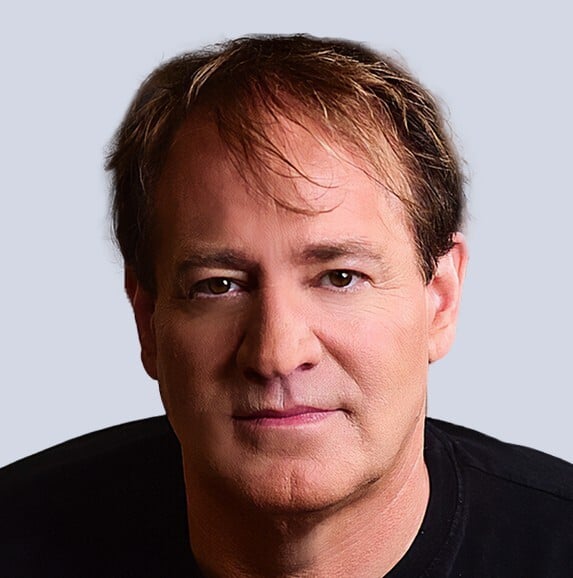
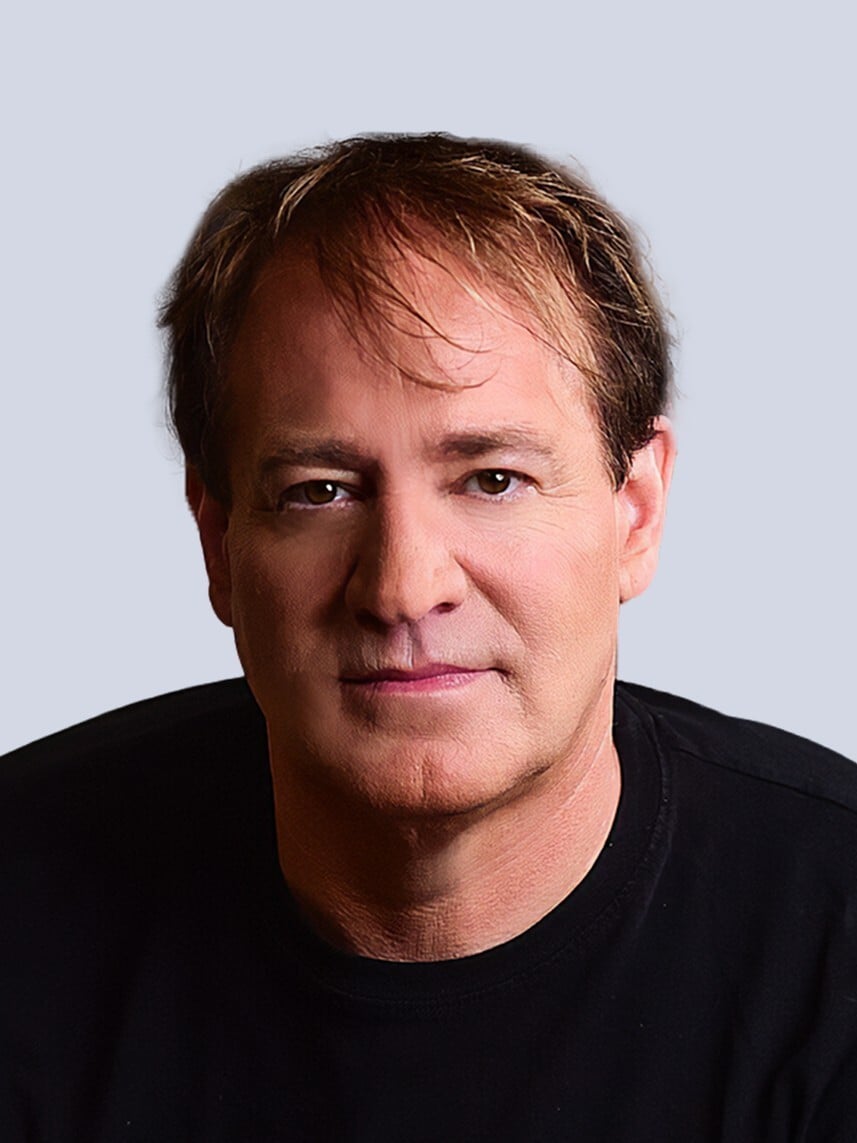




 TRUSTED BY
TRUSTED BY



